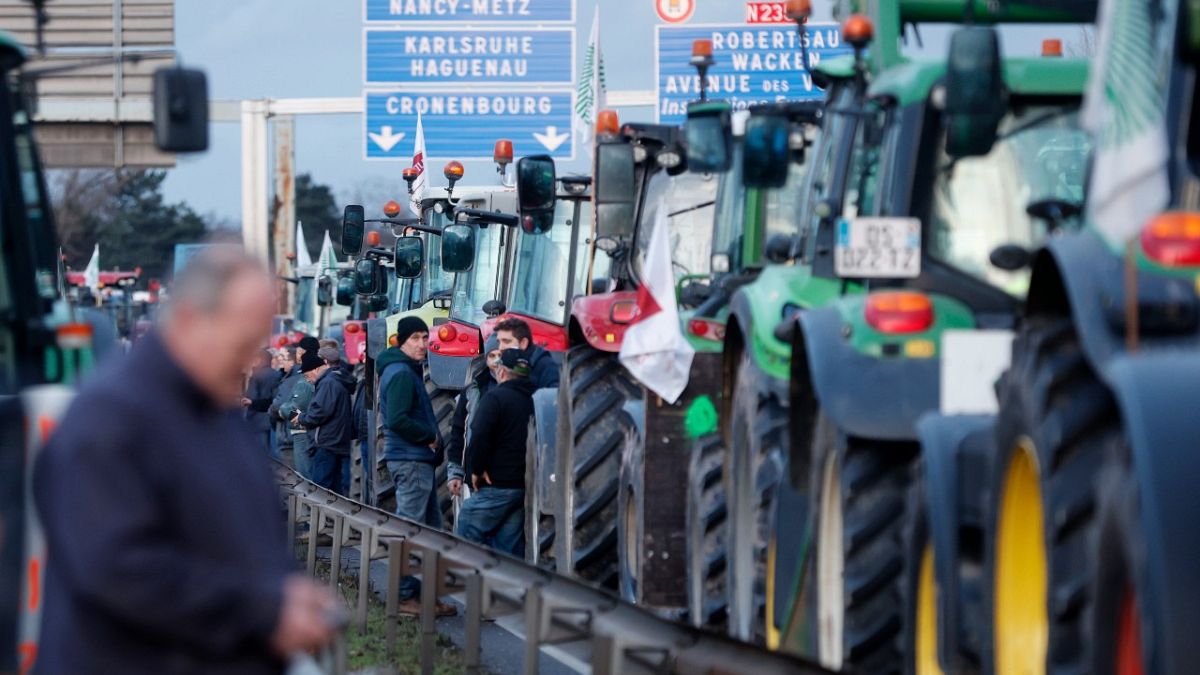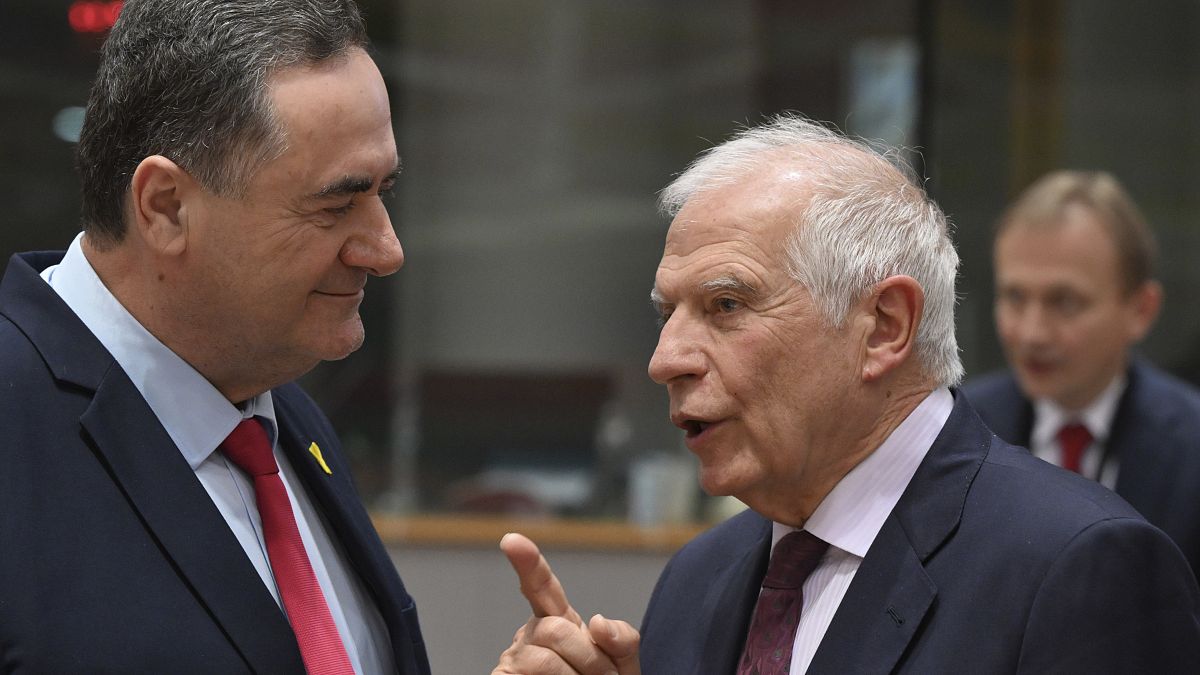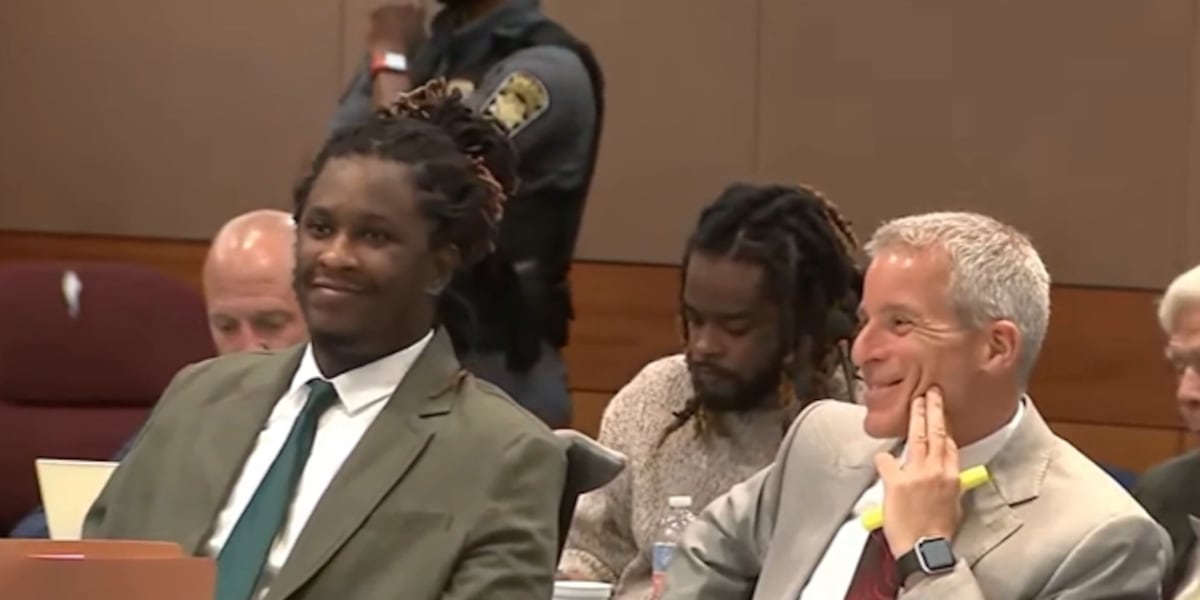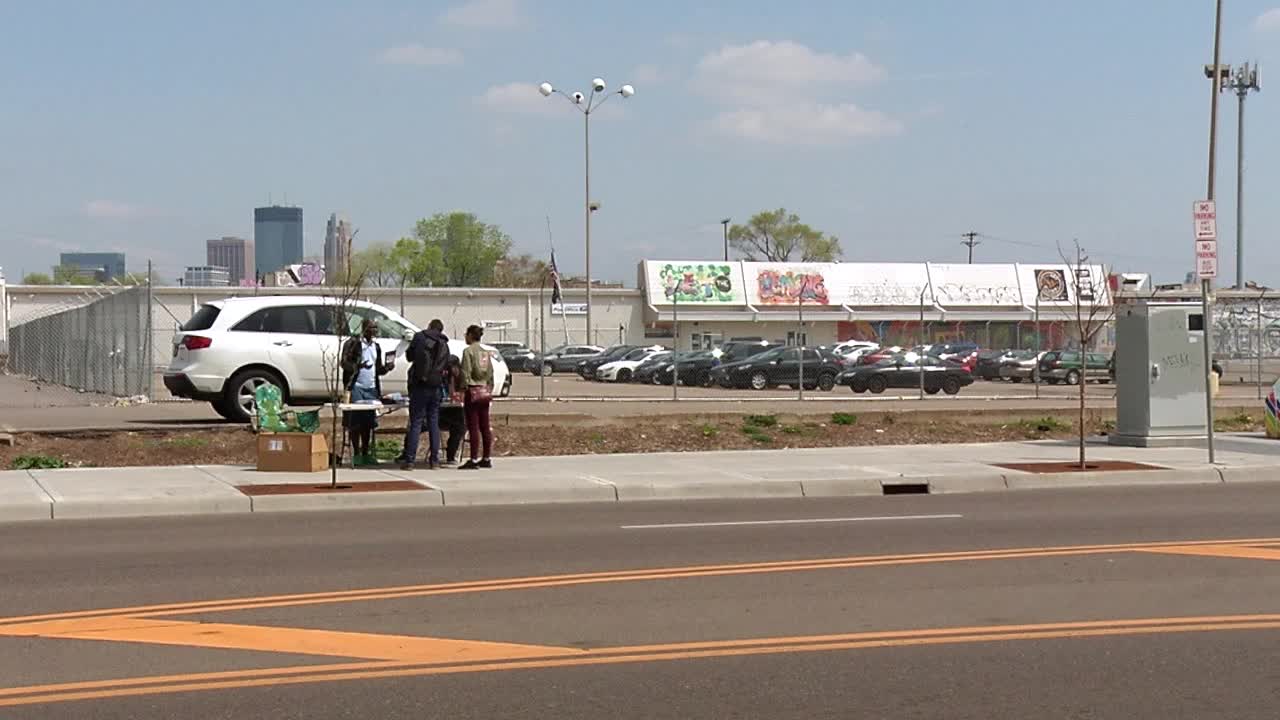World
Has Israel changed the barcode number on its products due to boycotts?
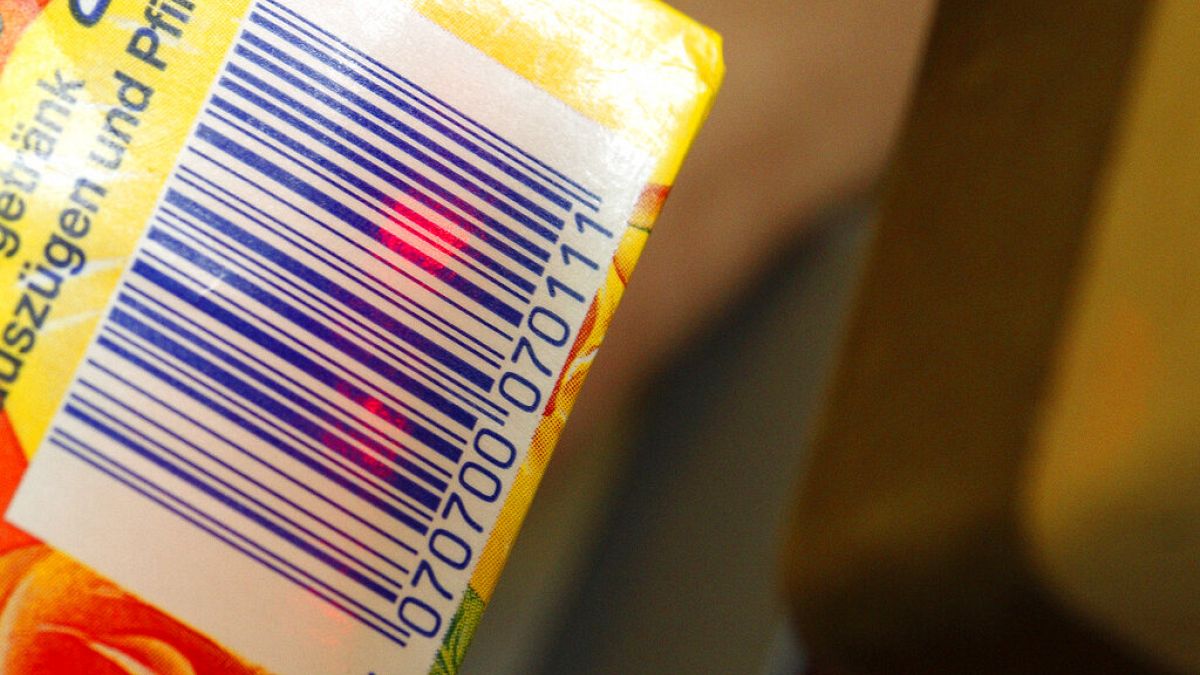
On social media, calls have been increasing to stop buying goods and services from Israel. But are they based on facts?
Multiple social media posts claim to show how to identify products coming from Israel.
These posts explain that if the barcode starts with the number 729, 841, or 871, these products have been manufactured in Israel.
Many of these posts ask their followers to avoid buying any of these items to show support for Palestine.
Another campaign on the social media platforms TikTok and also X, claims the boycott of products starting with the number 729 has caused Israel to change its barcode prefix to 871 and 841.
A prefix number does not indicate where a product has been manufactured
But GS1, a nonprofit standards organisation that provides the numbers, says on its website the prefixes cannot be used to determine a product’s country of origin.
“The GS1 Prefix does not indicate that the product was manufactured in a specific country or by a specific manufacturer; it may have been produced anywhere in the world.”
That means the code only indicates the country from which the barcode was allocated.
And while it’s true the prefix 729 shows that a company is registered in Israel, that doesn’t mean a specific item was produced there.
When it comes to claims that Israel has changed its barcode to 871 and 841, that’s simply not true.
Barcodes starting with 841 are allocated from Spain and 871 from the Netherlands, according to GS1.
In an interview with AFP, a GS1 spokesperson explained that “Companies around the world can choose any of the 116 GS1 Member Organisations they want to work with, regardless of where they are based or where they produce their products.”
“This means that any company no matter where it’s based can work with GS1 Israel or any of the 116 GS1 Member Organisations,” said the spokesperson.
Calls to boycott Israeli products with a barcode prefix 729 have been circulating online for several years.
They tend to resurface when there is an escalation between Israel and Palestine, according to Logically, a UK-based company specialising in fighting disinformation.
The Israel-Hamas war has sparked numerous calls for boycotts on social media, many involving misinformation.
The Cube has previously debunked false claims related to brands such as Starbucks and Zara, that have faced boycotts for allegedly supporting Israel.

World
China's exports and imports return to growth, signalling demand recovery

World
Nicaragua cancels a controversial Chinese interoceanic canal concession after nearly a decade
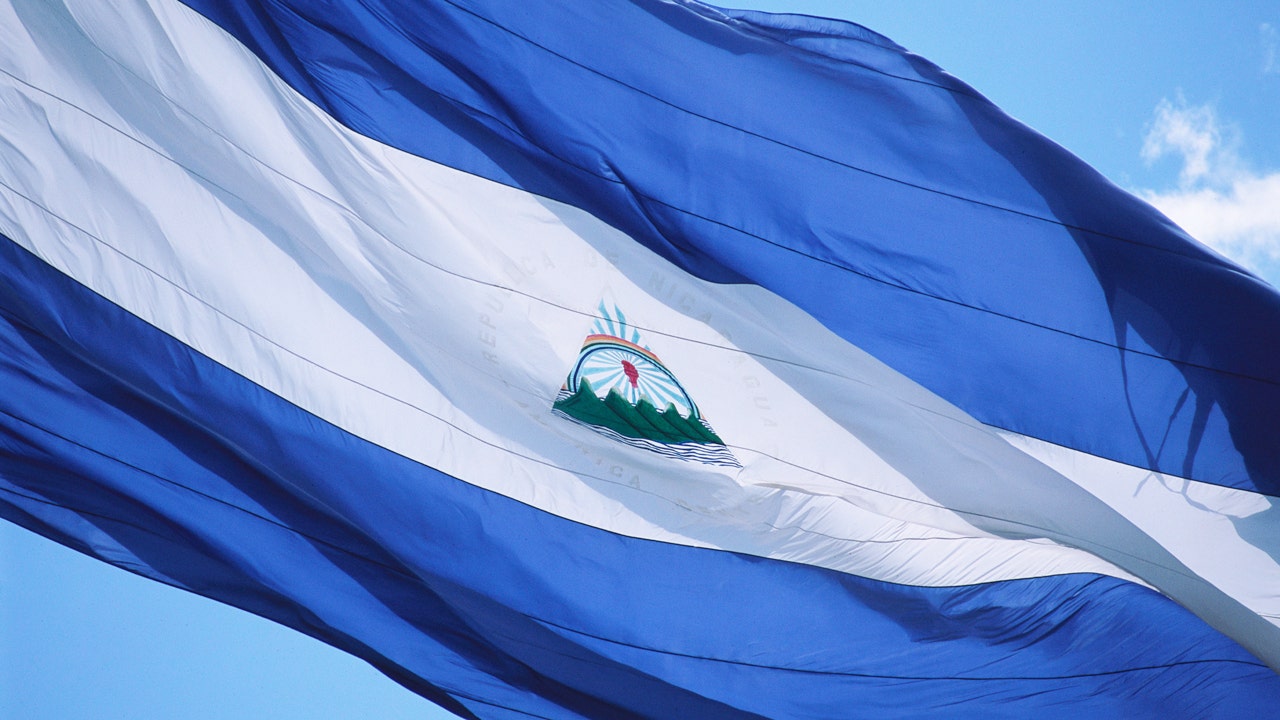
After nearly a decade, Nicaragua’s congress finally canceled on Wednesday a controversial canal concession granted to a Chinese businessman that critics said endangered the environment and threatened to displace rural communities.
Despite a symbolic “groundbreaking” in 2014, no work was done on the canal that was to link Nicaragua’s Atlantic and Pacific coasts. At one point, crews broke ground on access roads near the canal but digging the waterway never started.
A NEW STUDY SAYS ABOUT HALF OF NICARAGUA’S POPULATION WANTS TO EMIGRATE
Thousands of Nicaraguan farmers had protested against land seizures meant to create a route for the government-backed project.
In 2019, a Nicaraguan judge sentenced three farmers’ leaders who participated in the protests to prison for 216 years, 210 years and 159 years. They were accused of promoting a “failed coup” against the government. Nicaraguan law caps prison time actually served at 30 years.
After nearly a decade, Nicaragua’s congress has finally canceled a controversial canal concession granted to a Chinese businessman that critics said endangered the environment and threatened to displace rural communities. (Nik Wheeler/Corbis via Getty Images)
The proposed $50 billion, 172-mile (278-kilometer) canal across this Central American nation was long viewed as a joke that later turned deadly serious. The canal and its potential effect on the environment became a symbol of the odd and arbitrary nature of President Daniel Ortega’s increasingly repressive regime.
Ortega’s government claimed the canal would create tens of thousands of jobs and stimulate the poor Central American nation’s economy.
Detractors argued it posed serious environmental risks, would displace thousands of families in the countryside and was financially unfeasible.
The canal concession was granted to the Hong Kong-based company HK Nicaragua Canal Development Investment Co. Limited, owned by Chinese businessman Wang Jing.
World
‘My vote snatched’: India election clouded by mysterious candidate pullouts

New Delhi, India – Prince Patel cancelled his vacation plans after the dates were announced for India’s ongoing weeks-long elections. The 61-year-old retired engineer said he had waited patiently for five years to cast his vote in Surat, India’s diamond hub in the western Indian state of Gujarat, “to give my referendum against the policy failures of [Prime Minister Narendra Modi’s] government”.
But when the May 7 date arrived for the city to vote along with 92 other constituencies in the third phase of India’s election, there were no polling booths set up in Surat.
Two weeks earlier, the Election Commission of India (ECI) had already called the seat in favour of Modi’s Bharatiya Janata Party (BJP) after cancelling the nominations of the opposition Congress party’s candidate and five others. The eight remaining candidates all withdrew.
Patel said he was devastated. He had voted for the BJP in 2014, lifted by Modi’s promises of “acche din” (good days). But by 2019, disenchantment had set in. Unemployment and price rise are some of his biggest worries, he said – sentiments that mirror recent opinion polls.
“I would rather vote for a pigeon than choose the BJP,” he said. “My children have graduated but there are no jobs.”
Yet, Surat is only the most extreme example of a peculiar phenomenon that is playing out in multiple constituencies across India: opposition candidates dropping out, joining the ruling BJP or alleging threats to their lives. Even as the BJP has denied any foul play, opposition candidates claim these instances are evidence of an uneven political playing field.
“The government is their [BJP’s] own, and the election commission cancelled several nominations on one point or another,” said Vijay Lohar, who was the candidate of a regional party, the Bahujan Republican Socialist Party, before his nomination was rejected by election authorities. “The BJP is the referee of this game. Where should I complain?”
‘Show of dominance’
More than 400km (250 miles) miles away from Surat, the city of Indore in the central state of Madhya Pradesh is also preparing for what is shaping up, effectively, as a non-contest.
The city’s vote is scheduled for May 13. But Akshay Kanti Bam, the candidate for the Congress, withdrew his nomination on April 29, the last date for withdrawal of candidatures – after the deadline for filing nominations had passed. In essence, that has meant that the Congress cannot contest against sitting BJP member of parliament Shankar Lalwani, who is also the party’s nominee this time around. Bam, meanwhile, has also quit the Congress and joined the BJP on election eve, claiming that the party that nominated him for the constituency did not support his campaign on the ground.
The Congress party has called on voters in Indore to pick the ‘None of the Above’, or NOTA, option on electoral voting machines – which allows them to show displeasure with all candidates who are contesting – even as it accuses the BJP of pressuring Bam to switch sides on election eve. Bam did not respond to repeated requests from Al Jazeera for an interview.
The BJP insists it has had no role in the decisions of opposition candidates who have withdrawn their nominations.
“People have withdrawn as per their discretion and these are absolutely baseless allegations,” said Zafar Islam, a national spokesperson for the BJP. “Thousands of candidates are fighting in this election across hundreds of seats peacefully – these allegations are only aimed at maligning the BJP’s image.”
But some analysts see a pattern in the constituencies affected by candidate withdrawals. Gujarat and Madhya Pradesh are both bastions of the BJP: The party won all 26 of Gujarat’s seats in the Lok Sabha – the lower house of India’s parliament – in 2014 and 2019. It won 27 out of Madhya Pradesh’s 29 seats in 2014 and improved that to 28 wins in 2019.
In the public eye, the pull-out of opposition candidates from key contests in these states is akin to “booth capturing”, said Neelanjan Sircar, a senior fellow at the New Delhi-based Centre for Policy Research (CPR), referring to the illegal practice of seizing control of a polling station during elections, which used to be common in parts of India until a few decades ago.
“At a level of the booth, you capture the booth you are strongest at, and that is done to demonstrate dominance,” said Sircar. The idea, he said, is to “signal to the opposition that we can win elections whenever we want”.
And however the ruling party wants, if Jitendra Chauhan, a candidate who withdrew his nomination from the Gandhinagar seat in Gujarat, is to be believed.
‘Threat to our lives’
Chauhan’s name was supposed to be among the options on the voting machine on May 7, when Gandhinagar voted.
But the 39-year-old painter, who was contesting as an independent candidate, pulled out of the election against India’s powerful Home Minister Amit Shah, who is widely seen as Modi’s deputy.
“There has been extreme pressure upon me, and I have been mentally tortured to the point where I gave up,” Chauhan told Al Jazeera. He claimed that “BJP people” approached his extended family to pressure him to quit. If they could reach his family, they could hurt them too, he feared.
“So I backed off and withdrew my nomination,” he said.
Father to three daughters, Chauhan released a video on April 21, sobbing and alluding to a threat that he received of consequences – including for his very life – if he did not back down. Many other candidates also pulled out from the contest against Shah.
“I have a responsibility to raise my daughters,” he said, adding that he moved his children to safety outside Gujarat, which is ruled by the BJP, before coming back to vote on May 7. “I’m not financially well-off and I cannot afford to resist the BJP because anything can happen to our lives.”
The BJP has not lost the Gandhinagar seat since 1984. In the 2019 elections, Shah won the seat by a margin of 550,000 votes, and there is little evidence that he would have faced any risk of a loss even if all candidates had contested as they had planned to. But his campaign has set its eyes on doubling Shah’s 2019 victory margin, and fewer contestants could help.
In the 2014 and 2019 elections, “there was a booming turnout for anticorruption promises and nationalism”, but the BJP has lost that wave, said Sircar of the CPR. “The BJP is certainly the most popular party in India, but you have to manufacture some ways of keeping these markers of dominance,” he said.
A Gujarat-based political analyst, who spoke on condition of anonymity because of fears over their safety, said these incidents pointed to holes in India’s claims to be the world’s largest democracy simply because of the scale of the election it holds. “The worst of democracies also have elections – you cannot do away with elections,” they said. “But the question is about the fairness of the electoral process, and that seems compromised in India.”
It is a sentiment that Chauhan echoed. He said he had thought of contesting because, as a common man who had grown up in poverty, he felt politics was the only vehicle for change.
“But it will always be like a hole in my heart that I was forced into withdrawing,” said Chauhan, his voice cracking, as he spoke on May 7 after voting. “When I voted today, I did not feel like an independent citizen. I felt like a subject of King Modi.”
‘Future in darkness’
In India, a walkover is rare for candidates. An uncontested win has only been recorded 23 times since the country gained independence in 1947.
But for a little more than a decade, Indian elections have also offered the NOTA option. That’s what the Congress is pushing voters in Indore to pick on May 13.
Anuj, a 60-year-old from Indore, who wished to be identified by his first name, was first drawn to the Congress when he drove the campaign jeep of the late Prime Minister Rajiv Gandhi as a young man more than three decades ago. Since then, he has been loyal to the party, he said, and has campaigned for the Congress this time too.
“We all will vote NOTA. My party candidate is not there, and the other option is the BJP,” he said. “It may not change anything, but it will give comfort to my heart that I resisted.”
Meanwhile, a group of lawyers working with civil society activists are also planning to take India’s election commission to court for calling the result of the Surat election without allowing people to vote on NOTA.
“Is NOTA not seen as an independent candidate on the machine?” one of the lawyers said in a conversation with Al Jazeera, requesting anonymity, citing fears of pressure aimed at pre-empting the petition.
Back in Surat, Patel, the retired engineer, was more blunt about his frustration.
“My right to vote has been snatched,” he said.
-

 Politics1 week ago
Politics1 week agoThe White House has a new curator. Donna Hayashi Smith is the first Asian American to hold the post
-

 Politics1 week ago
Politics1 week agoStefanik hits special counsel Jack Smith with ethics complaint, accuses him of election meddling
-

 Politics1 week ago
Politics1 week agoAnti-Trump DA's no-show at debate leaves challenger facing off against empty podium
-

 News1 week ago
News1 week agoAs student protesters get arrested, they risk being banned from campus too
-

 News1 week ago
News1 week agoVideo: Police Arrest Columbia Protesters Occupying Hamilton Hall
-

 World1 week ago
World1 week agoNine on trial in Germany over alleged far-right coup plot
-

 World1 week ago
World1 week agoStrack-Zimmermann blasts von der Leyen's defence policy
-

 Politics1 week ago
Politics1 week agoNewsom, state officials silent on anti-Israel protests at UCLA



